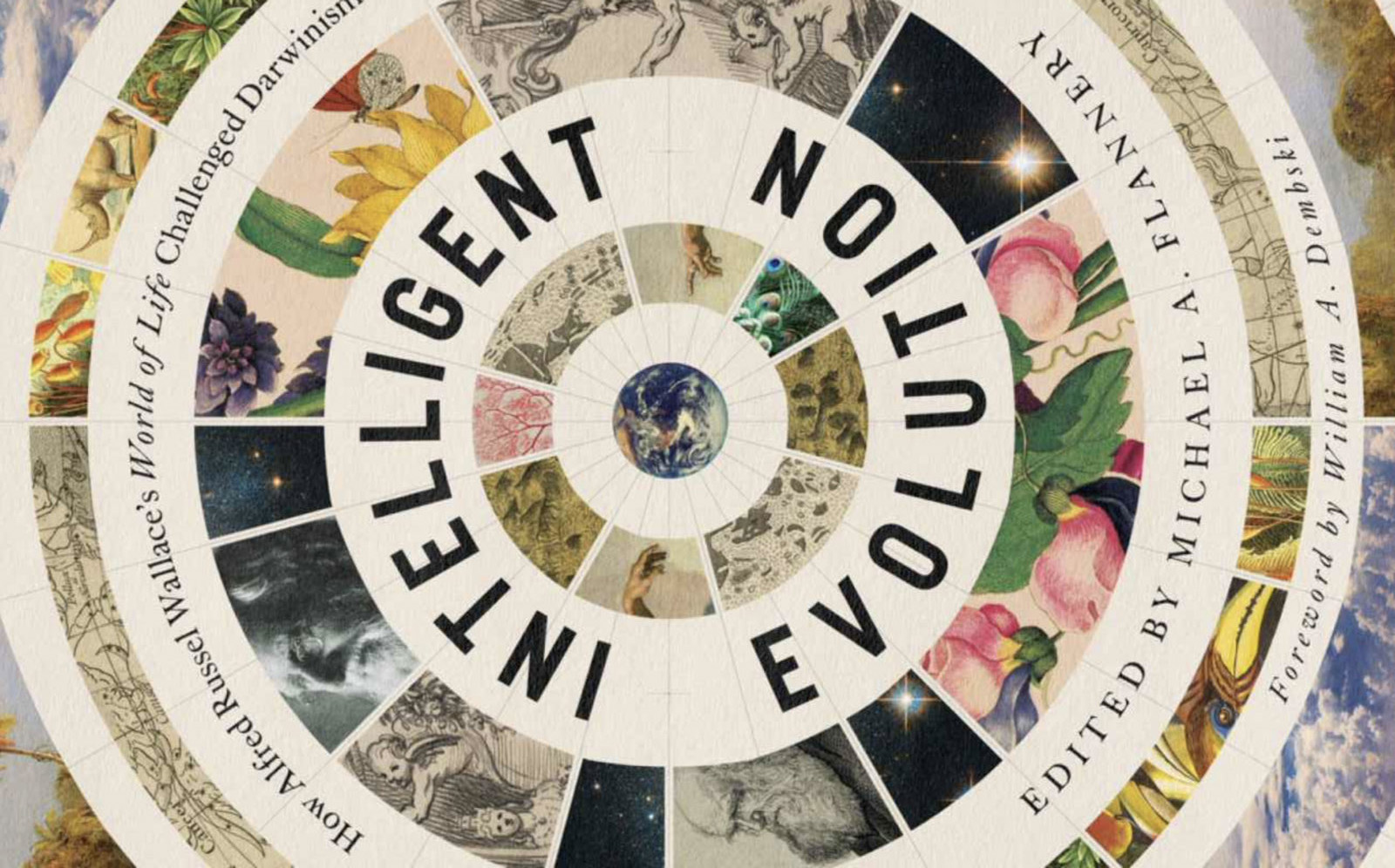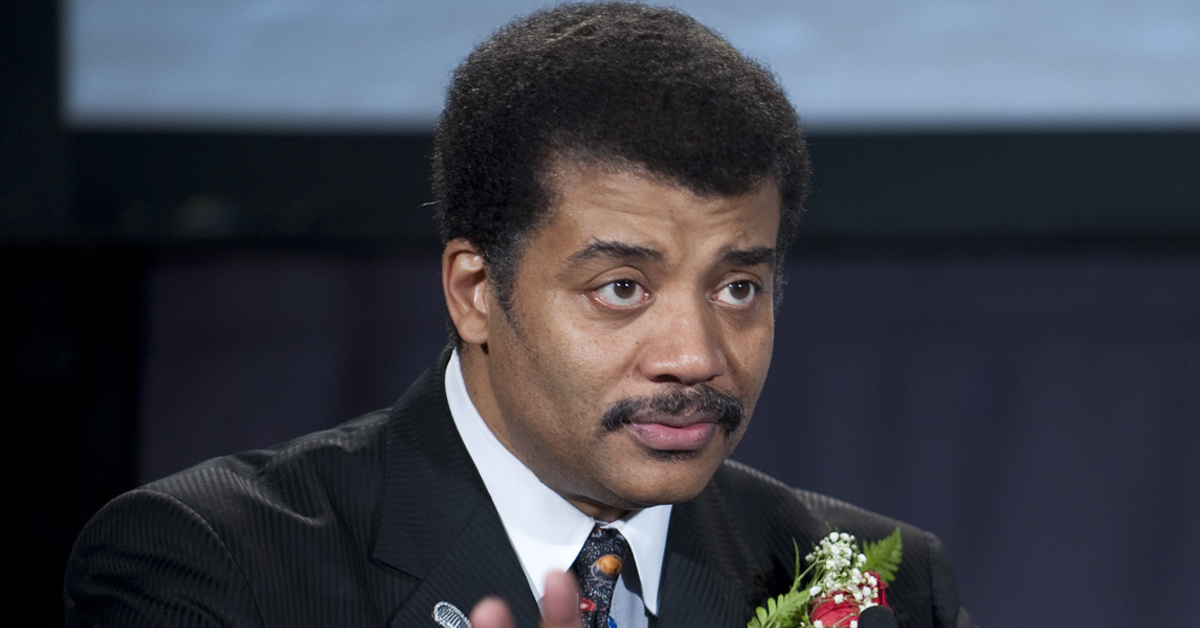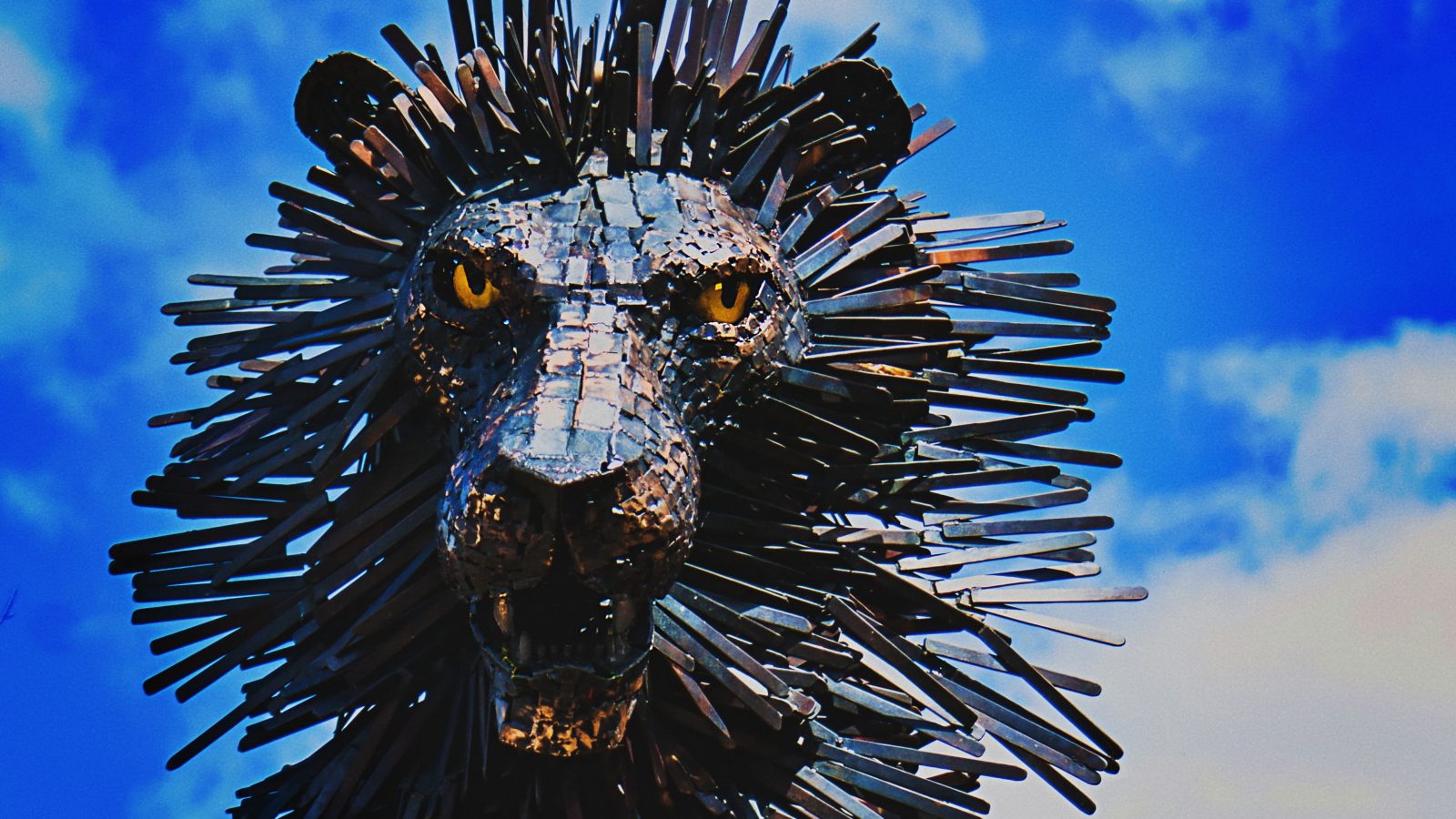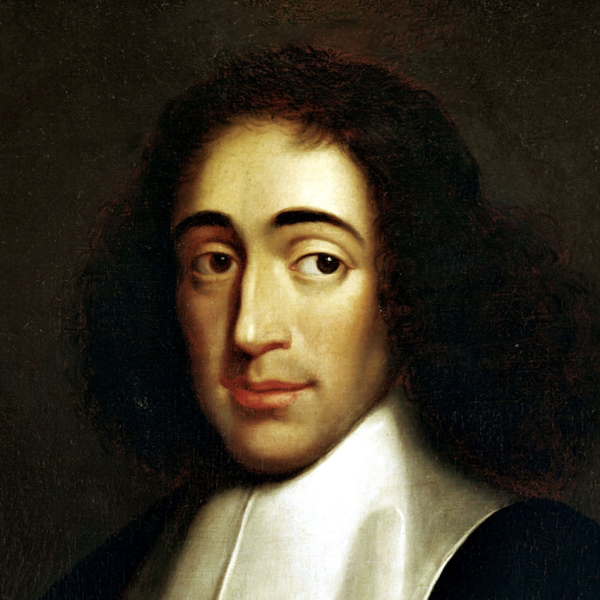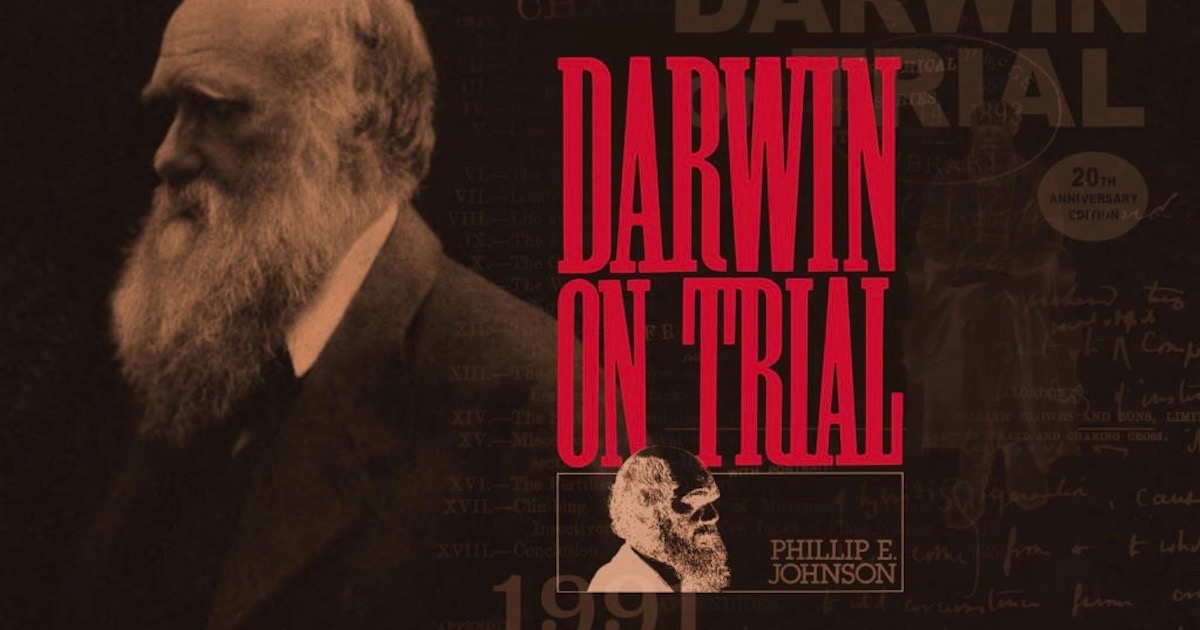
Physicist Eric Hedin Discusses His New ID Book, Canceled Science
Today’s ID the Future spotlights Canceled Science: What Some Atheists Don’t Want You to See. Host Robert Crowther and author Eric Hedin begin by revisiting the atheist attack on Professor Hedin and his Ball State University course, the Boundaries of Science. The course was an interdisciplinary honors course exposing students to some basic astrophysics and cosmology, as well as to some of the big questions raised by such discoveries as the Big Bang and the fine-tuning of the laws and constants of physics for life. The course included mention of world-leading scientists who saw evidence of design in some of these findings, as well as mention of scientists who denied any evidence of design in nature. Atheist Jerry Coyne and the Freedom from Religion Foundation charged Hedin with infusing religion into the course, and soon the controversy spilled over into the national news. Hear Hedin tell his side of the story, followed by a quick flyover of some of the evidence for design Hedin explores in the new book. Hedin earned his PhD in experimental plasma physics from the University of Washington and conducted post-doctoral research at the Royal Institute of Technology in Stockholm, Sweden. Canceled Science is now available at Amazon, Barnes & Noble, and Apple.



